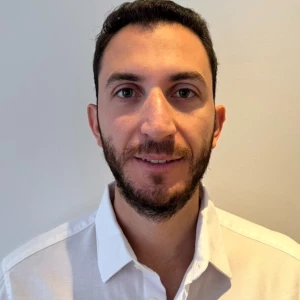As a non native English speaker, one key issue I'm trying to improve is to avoid the “auxiliary words" (such as hmmm). I tend to express “hmmm” when I'm thinking, especially during case interviews and when I get nervous.
Are there any tips to help me improve this bad habit and enhance my communication skill? Thanks.















